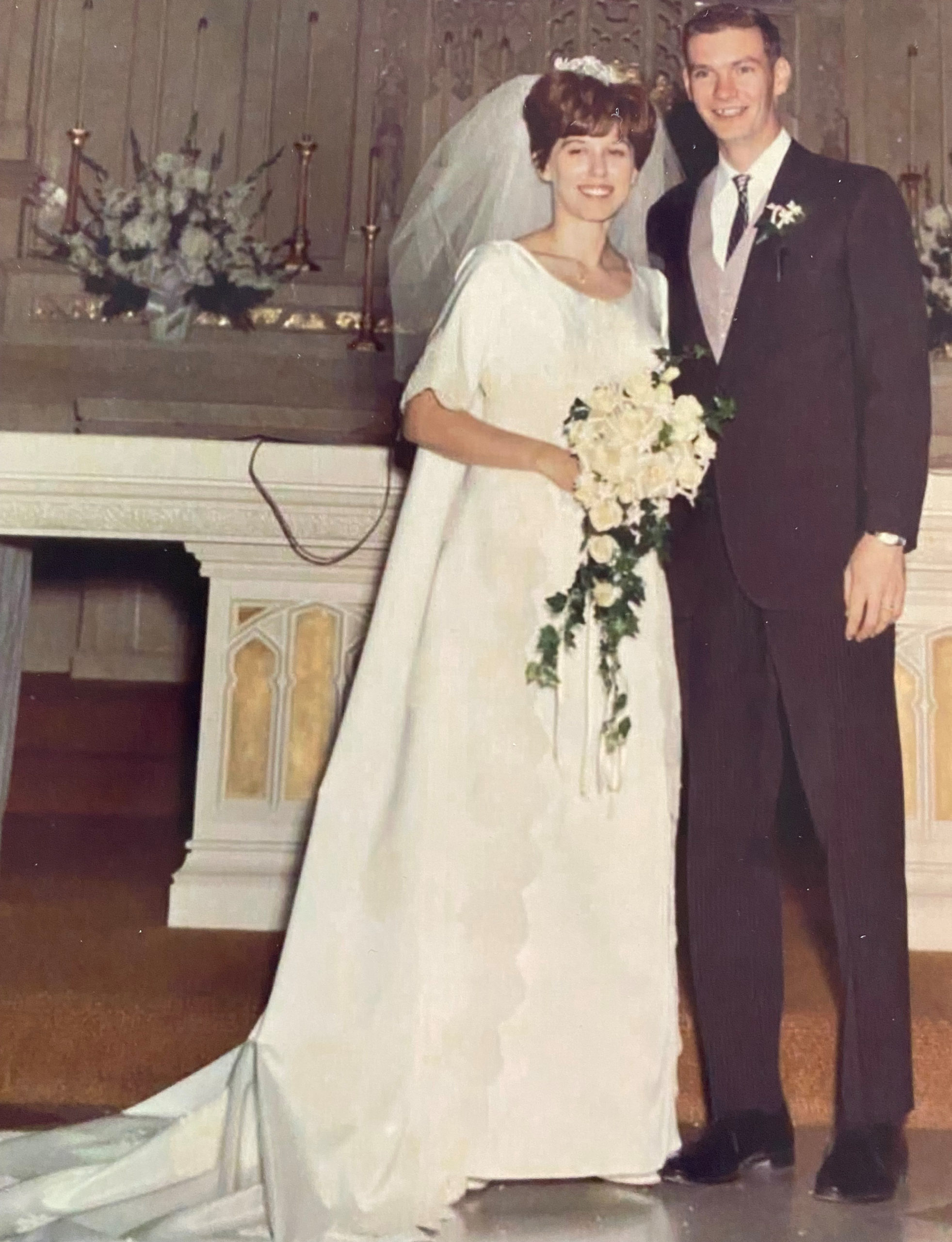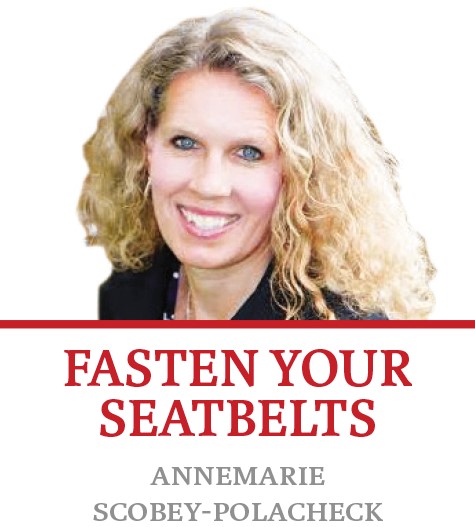Fasten Your Seatbelts
My parents will be married 55 years tomorrow (Oct. 21). Their high-risk time to divorce has long passed. Fifty percent of all marriages that end do so in the first seven years, according to Dr. John Gottman’s famous longitudinal study on marriage. In his “Love Lab” at the University of Washington, Gottman and colleagues interviewed thousands of couples to ascertain the commonalities of successful marriages and to understand the factors that lead to unhappy marriages or divorce.
What Gottman found were four behaviors that he called The Four Horsemen of the Apocalypse — criticism, contempt, defensiveness and stonewalling. While Gottman found that many marriages have these occasionally, in healthy marriages, partners don’t engage in the behaviors nearly as often, and when then do, they take more action to repair the damage done. Gottman eventually found he could predict divorce with 90 percent accuracy based on whether or not a couple’s go-to approach in conflicts is one or more of the Four Horsemen. The Horsemen’s presence in the marriage is especially predictive of early divorcing, with the average couple engaging in a high frequency of these behaviors divorcing in 5.6 years. Along the way, Gottman discovered an additional data point — emotional disengagement. He found that when couples are disengaged emotionally from each other — meaning one or both partners withdraw in the face of conflict, leaving the conflict unresolved, the average time of divorce is at year 16 of marriage.
With my parents chugging along happily at 55 years, and Bill and I still running together and laughing (mostly with each other, but sometimes at each other) through 29 years, I am thinking about how we, as a faith community, can use Gottman’s research to equip couples to live out their vows purposefully. The sacrament of marriage goes on long after the unity candle is lit. Below are some tips for keeping the Horsemen at bay.
Ratio of positives to negatives: Dr. Gottman reports that stable marriages have a 5:1 ratio of positivity to negativity, while unstable marriages have a ratio that is closer to 1:1. “Just like athletes, you train in the off season,” said Denise, who has been married to Arthur for 28 years. “I would advise couples to grow deep roots of love, honor and trust in the vast times when the Horsemen are at bay. In our marriage, I remember that I can’t keep the Horsemen from charging in from time to time. We all have bad days and I am not uber-human enough to refuse to join their posse sometimes, but I trust in our deep roots and know we can outlast our less-than-perfect-periods.”
Understand a meta-emotion mismatch: Emotions have two components — the emotion itself, and how people feel about that emotion, which Gottman coined as “meta-emotion.” Some people grew up in “emotion coaching” homes where they were encouraged to express their feelings, while others were raised to dismiss feelings (“don’t be sad”). Couples with mismatches have higher rates of divorce, but understanding moments of mismatch can help mitigate them. “When we are emotionally disconnected, it’s usually on me for shutting down and on John for distancing himself,” said Patty, who has been married for more than 30 years and has five grown children. “When this happens, I have found it helpful to literally picture myself in John’s shoes and walk his walk. This helps me a great deal.”
What are we really arguing about? Sixty-nine percent of relationship conflict is about perpetual problems. According to Gottman, all couples have these recurring issues in their relationship — the problem is not about the exact disagreement of the moment, but rather in a fundamental difference in two personalities or lifestyle needs. In healthy marriages, couples recognize these perpetual problems early on and understand they are likely not going to be solved, so each iteration of the “same” argument will need to be handled with affection for their partner and a sense of humor about the difference between them that underlies the problem. “Over time, we are more likely to not immediately react when the other is more emotional than expected,” said Molly, married to Jeff for 27 years. “We realize that what is happening is not due to the problem at hand.”
Wait a minute, now: The Gottman Institute, which is based on his body of research, teaches couples how important it can be to recognize when a conflict is overheating and to take time away from it before continuing the discussion. My mom and dad say this has been important in their more than half century together. “Sitting back and analyzing why we had an argument, we can generally come along and get over it,” my dad said. “Forgiving is such a big part of marriage, and love and humor go together.” Research indicates a 20-minute break from an argument can bring about a lowered heart rate and more regulated breathing. Amy, married to Kevin for 28 years, said that in the most recent 10 years of her marriage, they have gotten better at this. “I have found so much success in saying, ‘We’ve both made our points, let’s talk about this later’. Our time away from each other is important because once I am hot, I just want to throttle him and not listen.”
Criticism, contempt, defensiveness, stonewalling. I don’t know any married couple — including Bill and me — who have not occasionally allowed a Horseman or two to gallop around the kitchen for a while. But the key to a healthy marriage is to help the Horsemen to feel unwelcome; to show them the door; to help them to leave. The Horsemen are afraid of the vows — they know their power.


